2021-04-08 11:16:29
The United States and Iran are holding more indirect talks as part of a push to revive the 2015 Iran nuclear deal, after former President Donald Trump pulled out of the accord nearly three years ago. The two countries agreed to set up two expert-level working groups along with other signatories of the 2015 deal, which is formally known as the Joint Comprehensive Plan of Action, or JCPOA. While Iran formally remains in the JCPOA, it has faced international criticism for increasing production of nuclear materials it says are for peaceful purposes. The United States has imposed some 1,600 different sanctions on Iran in a move that has also made it harder for Iranians to import food and medicine, a situation that became even more dire during the pandemic. The main hurdle to reviving the nuclear deal is doubt over the U.S. commitment to diplomacy, says Seyed Hossein Mousavian, Middle East security and nuclear policy specialist at Princeton University and former spokesperson for Iran on its nuclear negotiations with the European Union. “The U.S. needs to do some serious steps to revive the trust,” Mousavian says.
Democracy Now! produces a daily, global, independent news hour hosted by award-winning journalists Amy Goodman and Juan González. lOur reporting includes breaking daily news headlines and in-depth interviews with people on the front lines of the world’s most pressing issues.
On DN!, you’ll hear a diversity of voices speaking for themselves, providing a unique and sometimes provocative perspective on global events.
Missed an episode? Check out DN on FSTV VOD anytime or visit the show page for the latest clips.
#FreeSpeechTV is one of the last standing national, independent news networks committed to advancing progressive social change.
#FSTV is available on Dish, DirectTV, AppleTV, Roku, Sling, and online at freespeech.org.



